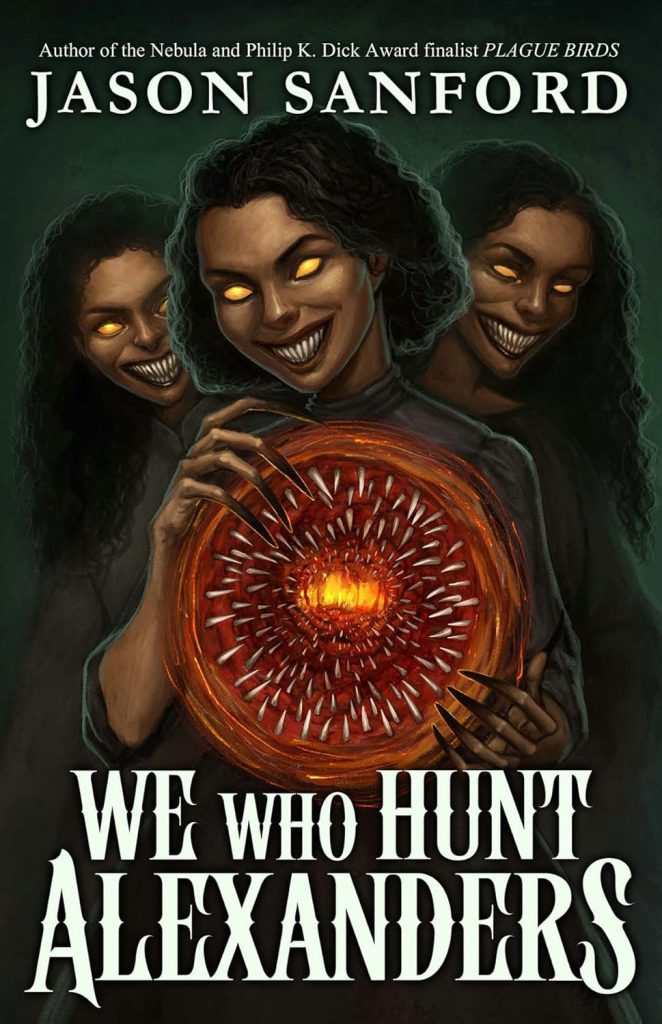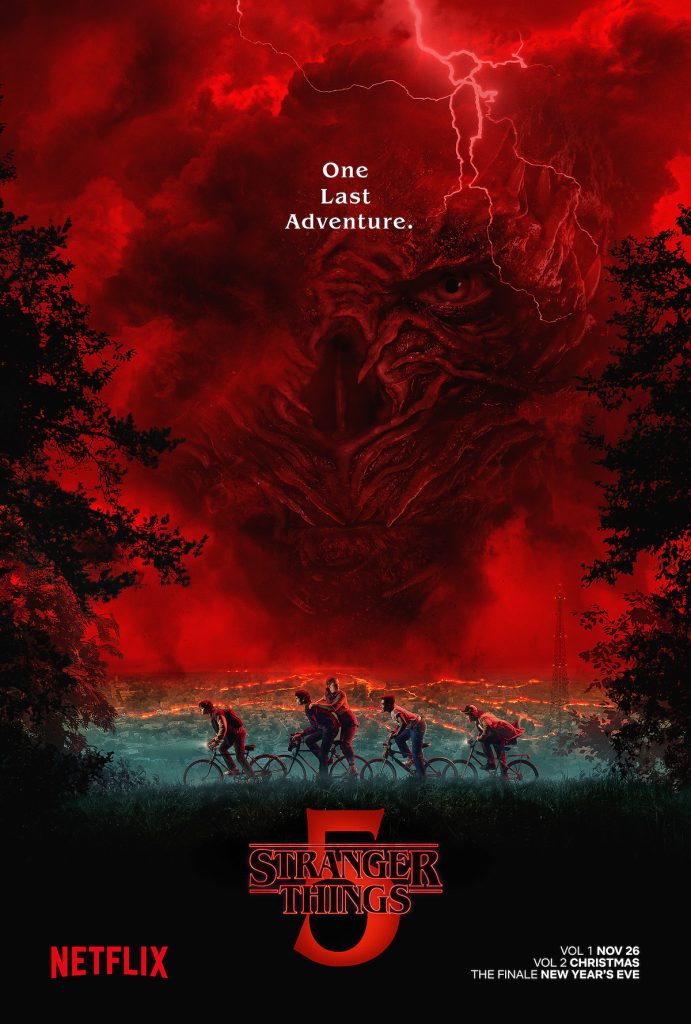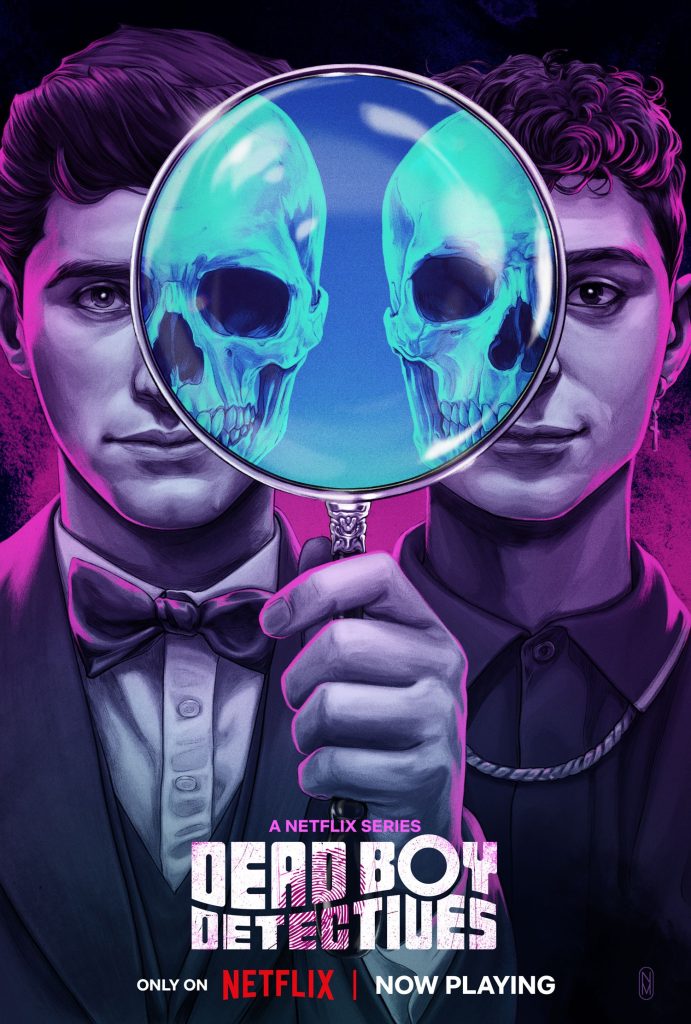We Who Hunt Alexanders
By Magdalena Nitchi

Picture this: a millennia-old monster who turns invisible at night and can change your memories, hypnotize you, and swallow you whole, sending you to a hellish alternate dimension where millions of teeth will shred you to pieces. You’ve just met the protagonist of Jason Sanford’s We Who Hunt Alexanders.
Seventeen-year-old ripper Amelia and her ailing mother have just arrived in the city after being chased out of the countryside by a bishop investigating several mysterious deaths. However, Sanford introduces an important nuance in his novella: rippers’ magic does not allow them to eat humans. Rather, they eat “Alexanders”, a term for those so violent that they have lost their own humanity. Therefore, rippers are a righteous punishment, their powers fuelled not only by their hunger, but by their own anger.
Amelia is struggling. She doesn’t feel a connection to her inner world yet, her mother’s health is worsening, and in the process of pursuing them, the bishop is cultivating a dictatorial political hold on the city that feels scarily familiar. Moreover, Amelia feels emotions that she shouldn’t as a ripper, but she can’t seem to stop. She’ll need all her strength—and her differences—to survive.
While the “not like the others” trope can feel a bit hackneyed, especially when it comes to Amelia experiencing normal human emotions, Sanford presents a fantastic monster concept. He also skillfully drip-feeds information on how the rippers’ powers work and what their limitations are, rather than info-dumping and pulling the reader out of the story. The scenes of Amelia and other rippers tearing into Alexanders are just as brutal as they are satisfying.
However, We Who Hunt Alexanders is far more than just splatter; it deals with religious and domestic abuse, sexual assault, homophobia, police brutality, and the way in which some people capitalize on moments of fear to brutalize others. Sanford’s criticisms are direct but poignant, and his emphasis on building community and friendships shows a tempting vision of how the world could be a better place.
If you’re looking to read a horror novella with heart—and many, many teeth—then We Who Hunt Alexanders is the book for you. While it may not solve the world’s problems, it nonetheless provides an excellent catharsis for those who wish for justice.
Stranger Things
By Catherine Hall

It’s hard to believe that Stranger Things, Netflix’s most successful show, first hit our screens nine years ago and is now only months from ending. Like countless others, I have grown weary of the ridiculously long wait between seasons, and even told myself that I no longer really cared about Hawkins and the band of nerdy misfits attempting to save it. Yet I nonetheless decided to rewatch the show from the beginning in anticipation of the final season, and thankfully, it’s as spooky, thrilling, and strangely comforting as ever.
The Duffer Brothers’ hit series, set in an unassuming Indiana town in the 80s, is a perfect blend of supernatural mystery, horror, and science fiction—ideal for chilly autumn nights. The flickering lights, shadowy forests, and synth-laced tension seem to mirror the season: familiar, nostalgic, and just a little haunted.
The show is not without its faults. The sprawling fourth season at times feels stretched, balancing one too many plotlines, while the increasingly flashy action sequences undercut the quiet suspense that made the first season so gripping. And let’s not even discuss the infamous “Lost Sister” episode that still feels like an odd detour.
Yet, what stands out most is how well the show balances heart with horror. Beneath the monsters, government conspiracies, and psychic powers, Stranger Things is really about friendship, coming of age, and finding hope in the strangest of places. If you somehow still haven’t watched Stranger Things or need to get excited about the final season, this is the perfect time to step into the Upside Down.
Dead Boy Detectives
Par Magdalena Nitchi

Dead Boy Detectives est une série idéale pour se détendre cette Halloween. Mélange parfait d’horreur et de comédie, cette série TV-MA est kitsch, chaotique et vous emmène facilement dans un monde surnaturel intriguant.
Edwin et Charles sont les Dead Boy Detectives éponymes : plutôt que d’aller dans l’au-delà, les deux meilleurs amis se cantonnent sur terre à résoudre des affaires surnaturelles que seuls des fantômes pourraient gérer. Dans le premier épisode, ils rencontrent Crystal Palace, une médium possédée par un démon qui lui a volé certains de ses souvenirs. Malgré les réticences d’Edwin, les Dead Boys l’adoptent jusqu’à ce qu’elle retrouve la mémoire.
Le trio atterrit à Port Townsend, une paisible ville côtière qui recèle de secrets. Un roi des chats séduisant et colérique, une sorcière qui vole des petites filles et siphonne leur jeunesse, la Mort et d’autres régulateurs de l’au-delà sont quelques exemples de leurs aventures folles.
Bien que le « MA » soit amplement mérité, il n’y a pas de scènes sexuelles explicites ; on y trouve plutôt de nombreuses scènes de mort graphiques et des horreurs magiques dégoûtantes. Bien que certaines scènes soient assez intenses, le ton généralement comique de la série les équilibre bien.
Nos deux fantômes sont britanniques, et leur humour pince-sans-rire est extrêmement charmant. On comprend facilement pourquoi ils sont meilleurs amis, et le sarcasme de Crystal s’y retrouve parfaitement dans leur dynamique.
J’apprécie particulièrement l’utilisation des cartons de titre pour séparer certaines scènes, ce qui rajoute à l’ambiance rétro de la série. Comme Edwin est mort avant la fin de la Première Guerre mondiale et son compagnon Charles au début des années 1970, il y a toujours une touche vintage dans leur approche.
Bien que je sois fascinée par l’univers de Dead Boy Detectives, ce sont vraiment les personnages qui me font craquer. L’optimisme apparemment inépuisable de Charles et son attitude qui consiste à frapper d’abord et à poser les questions après, la nature intellectuelle et l’obstination d’Edwin, ainsi que la détermination et la compassion de Crystal, sont tous convaincants à leur manière. Les éléments horrifiques de la série fonctionnent bien, mais c’est mon attachement émotionnel aux personnages qui m’a fait retenir mon souffle lorsqu’ils étaient en danger. Bien que la série fût annulée par Netflix en août 2024, je vous la recommande fortement.
